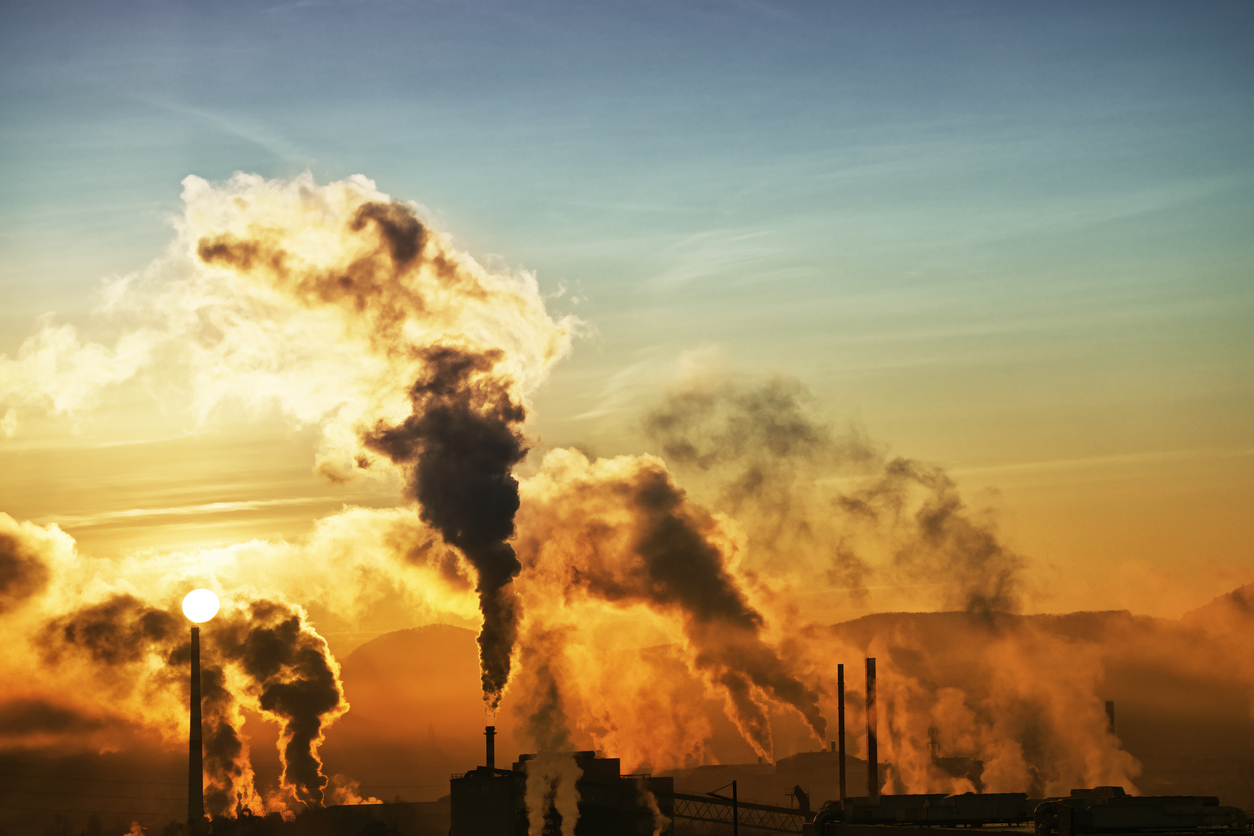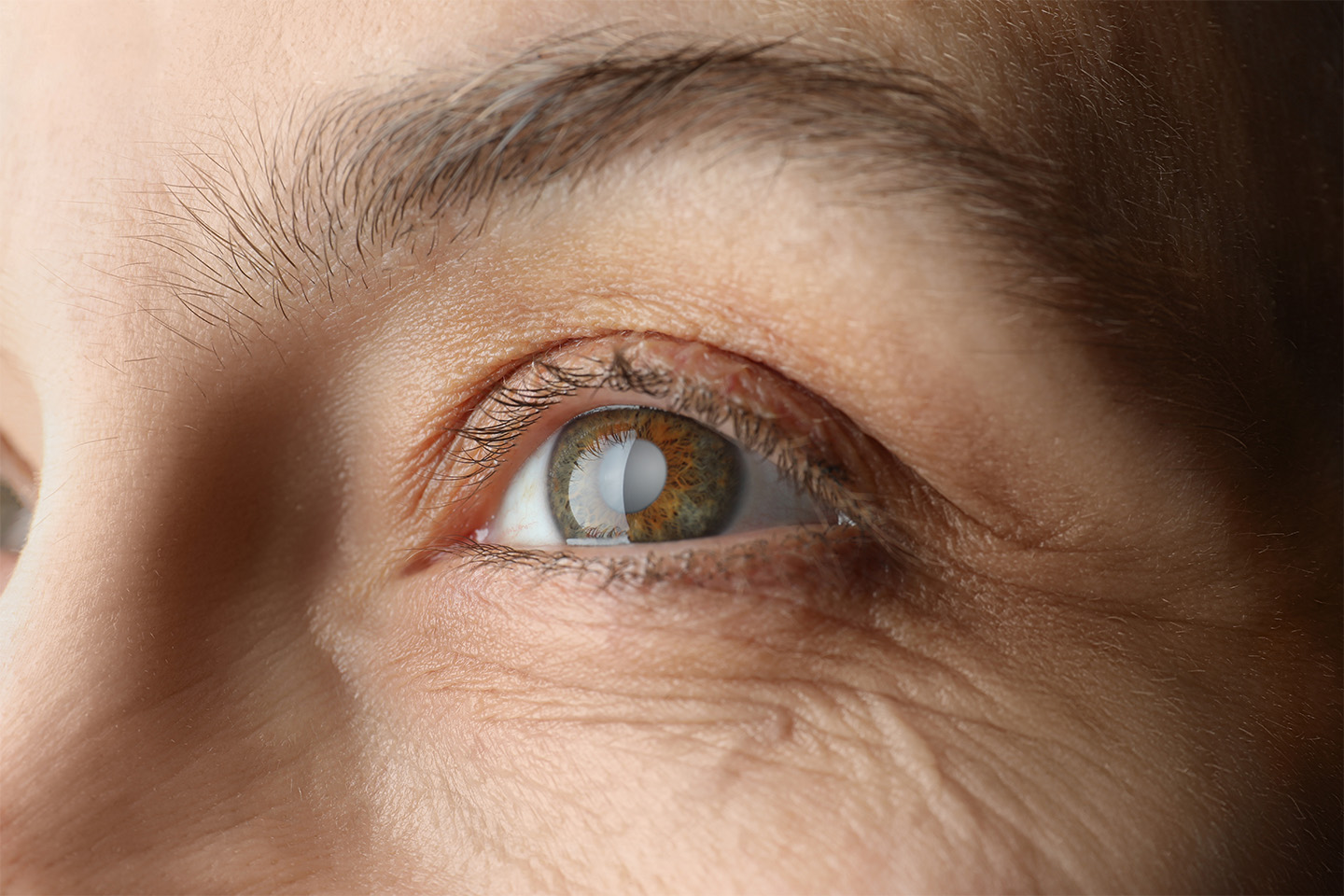How Air Pollution Affects Your Vision

Pollutants in the air can be harmful for your eyes in the short, and long term. Make sure you know when to consult a specialist.
Our eyes are constantly exposed to the open air. Unfortunately, this means that they are also constantly exposed to all the pollutants in the air, from smoke, to ozone, to nitrogen dioxide. All these pollutants can leave lasting effects on your eyes, in the short-term and in the long-term. While there is no way to keep yourself from being exposed to the open air, you can keep your eyes healthy by understanding the risks associated with pollution and taking protective measures.
Common Forms of Air Pollution and Their Effects
There are six common air pollutants acknowledged by the US Environmental Protection Agency (EPA). These pollutants — ground-level ozone, particulate matter, sulfur dioxide, nitrogen dioxide, lead, and carbon monoxide — contribute to the most common forms of air pollution, including daily urban pollution and smoke from forest fires.
Common air pollution can cause minor to serious damage to your eyes. Studies have found that higher levels of air pollution in general are associated with more instances of conjunctivitis and that nitrogen dioxide specifically can cause eye irritation.
Pollutants emitted by cars, power plants, and other industrial sources react to sunlight to form ground-level ozone. This “bad” ozone is the main element in urban smog and can cause dry eyes and more serious maladies.
Smoke from forest fires also contain many harmful pollutants, including carbon monoxide and nitrogen oxides, dust, and tiny particles. When smoke comes into contact with your eyes, the small particles and fumes can dissolve into your tears, coating the eye’s surface, triggering inflammation and irritation.
Long-Term Impact of Air Pollution
A common long-term consequence of air pollution is the development of dry eye, a condition in which your eye either does not produce enough tears, or does not produce tears of sufficient quality to lubricate your eye. If you already have dry eyes, poor air quality can exacerbate an existing condition.
Studies have also shown that high levels of pollution may increase the risk of developing age-related macular degeneration. That’s because the pollutants we breathe can enter the bloodstream, damaging the small blood vessels within the eye itself. Beyond that, studies have also shown that air pollution is linked to a higher risk of glaucoma — a debilitating eye condition that can cause blindness.
Protecting and Treating Your Eyes
Some steps you can take to protect your eyes from air pollution are:
- Whenever possible, stay indoors when air quality is poor. In particular, stay inside in the morning when air quality is typically at its worst.
- Wear glasses or sunglasses when you go outside. This keeps the dust from irritating the surface of your eyes.
- Avoid wearing contact lenses when the air quality is poor.
- Wash your hands frequently and try to avoid rubbing your eyes.
If your eyes do become irritated, here are some immediate steps you can take:
- Using lubricating eye drops prescribed by an eye specialist.
- Applying a cool compress to your eyes to reduce inflammation.
- Seeking out a medical professional if you are experiencing constant eye irritation.
If you are experiencing eye irritation that you think may (or may not) be associated with air pollution, don’t hesitate to reach out to us at ICON Eye Care. Our eyecare specialists will help you determine the cause of your discomfort and help you tackle the problem.
[DISPLAY_ULTIMATE_SOCIAL_ICONS]








